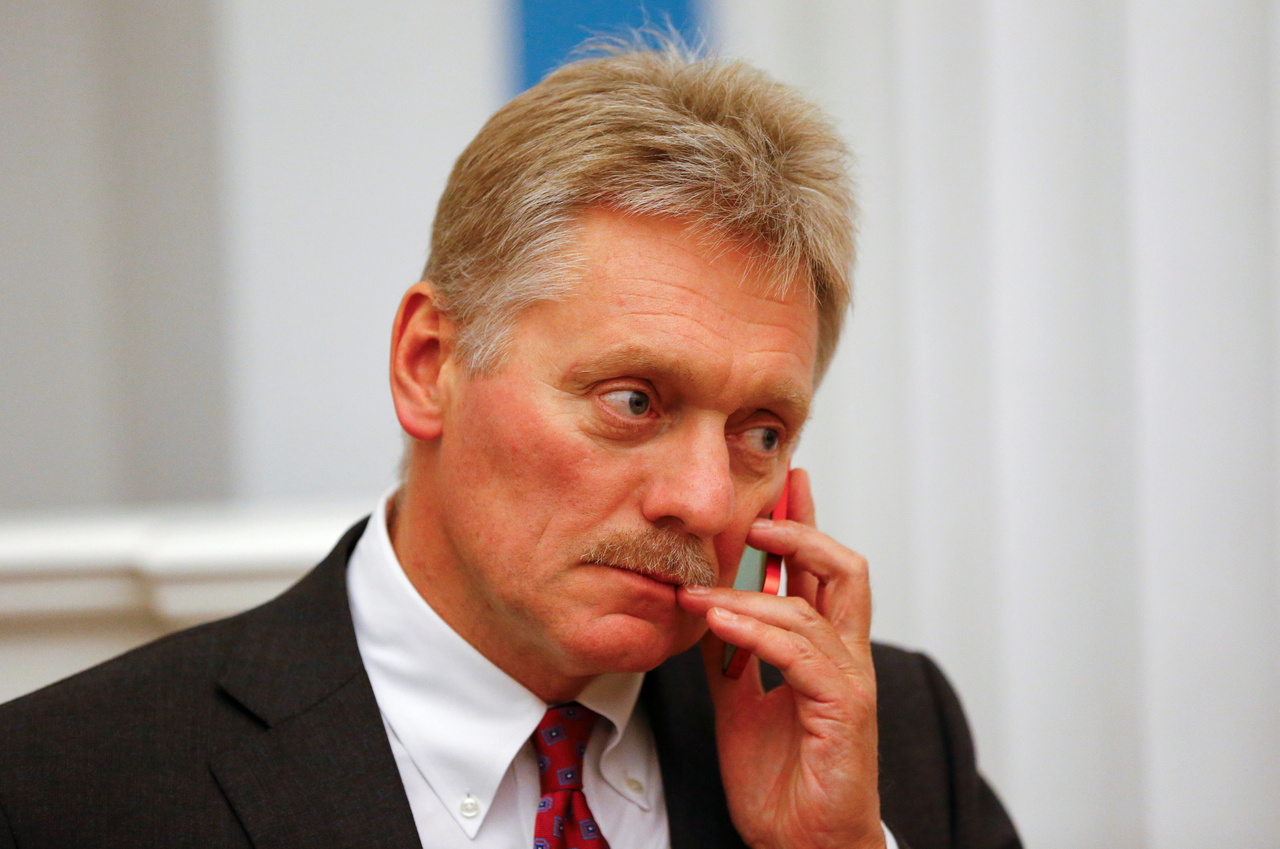Kremlin says wants 'continuity' in ties with Berlin following German polls
Sign up now: Get ST's newsletters delivered to your inbox

Kremlin spokesman Dmitry Peskov said that Moscow was following the vote with "great attention".
PHOTO: REUTERS
Follow topic:
MOSCOW (AFP) - The Kremlin said on Monday (Sept 27) it hoped for "continuity" in Moscow's ties with Berlin, as Germany was bracing for a period of political uncertainty following a general election.
"Of course, we are counting on continuity in our bilateral relations," Kremlin spokesman Dmitry Peskov told reporters, adding that Moscow was following the vote with "great attention".
"As far as we understand, the process of creating a coalition will be lengthy and complicated," Peskov added, noting that Moscow would monitor the progress.
He added that while there are disagreements between Moscow and Berlin, "we are united by an understanding that problems can and should be solved only through dialogue".
Germany was facing uncertainty after the Social Democrats narrowly won the vote but faced a rival claim to power from outgoing Chancellor Angela Merkel's conservative camp.
The coming weeks and months promise to be a rocky ride as both Finance Minister Olaf Scholz's SPD and the conservatives led by Armin Laschet scramble for coalition partners.
Russian President Vladimir Putin, who speaks German, has maintained a working relationship with Merkel, a Russian speaker, throughout her 16 years in office.
But they have sparred over issues like the Syrian war, the annexation of Crimea and the poisoning of Kremlin critic Alexei Navalny who was treated in Germany.
Russia and Germany remain important trading partners despite Western sanctions and tensions since the outbreak of war in eastern Ukraine and Moscow's takeover of Crimea in 2014.
Moscow and Berlin have worked together to complete the Nord Stream 2 pipeline in the face of objections from Germany's eastern EU and Nato allies like Poland, the Baltic states and the United States, which say it gives Moscow too much control over Europe's energy supply.
The pipeline will also divert supplies from an existing route through Ukraine and Kiev fears it will lose much-needed transit fees.
Scholz told reporters on Monday that Moscow had promised that the pipeline will not serve as an energy weapon.
Moscow guaranteed, he said, that "Ukraine will remain a transit country and that we will ensure that gas supplies to certain countries in Eastern Europe are not threatened by Russia".

